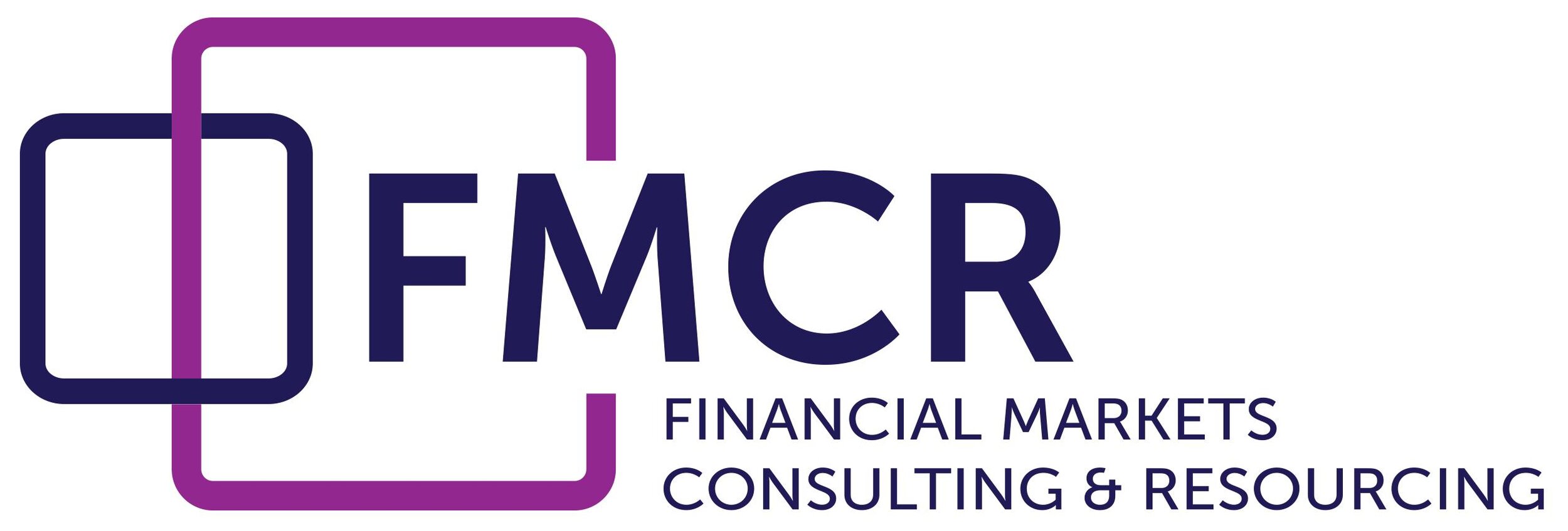Senior Managers under-perform compliance on countering Market Abuse.
Senior Managers under-perform compliance on countering Market Abuse
The FCA has recently completed a review of four key areas in the market abuse systems and controls employed at several market-making firms. The firms were positioned in the small and mid-cap equity market making space but their findings are relevant to most trading firms which undertake a broad range of activities, where conflicts of interest could arise.
Market Abuse risk awareness
The FCA found that the level of market abuse awareness varied considerably within the firms reviewed. Compliance teams were generally aware of the of the key market abuse risks and could articulate them clearly. However, senior management and trading/marketing teams showed an inconsistent level of awareness, below the FCA’s expectations. Business heads, responsible for controlling flows of confidential and inside information, should be acting in a supervisory capacity with appropriate challenge and monitoring from Risk Management, Compliance and Internal Audit.
Firms that regularly conduct detailed risk assessments, that include a comprehensive list of the relevant risks, the key responsibilities for managing and mitigating those risks and the controls employed to achieve their goals were much better at demonstrating that effective controls were in place than those who didn’t.
Information barriers
The firms reviewed were able to clearly articulate and demonstrate that effective information barriers were in place where there was a physical barrier with restricted access. However, other information barriers were less well defined, e.g. where sales and sales-trading staff sat in close proximity to the market makers. The FCA also noted that senior management, often classified as Permanent Insiders, sat close to market makers and had access to their trading book positions.
The FCA recommends that where physical segregation is not possible, firms should consider taking extra steps to ensure that they can demonstrate that effective information barriers are properly managed and maintained.
Wall-crossing procedures and Insider Lists
The level of wall-crossing procedures was generally poor. Those firms that used Compliance as ‘gate-keeper’, judging whether the wall crossing was necessary, who was the correct person to wall-cross and the most appropriate time to do it, demonstrated the most effective approach.
The FCA also observed instances where Insider lists were inaccurate or missing entirely. They stress that Insider lists should be accurately documented and suitably detailed to comply with MAR. They also stress the ‘need to know principle’. It s important to keep the number of people privy to inside information to the minimum necessary to perform the task or role, otherwise it could constitute unlawful disclosure.
Post-trade market abuse monitoring and surveillance
Post-trade monitoring and surveillance has a key role in detecting and deterring market abuse. The FCA observed examples of firms periodically monitored the trading of market makers who had wall-crossed. The FCA considers this extra due diligence to be important in mitigating the risks of market abuse and encourage all firms to consider performing this type of enhanced monitoring.
Finally, they stress the importance of selecting surveillance tools and setting alert parameters appropriate to a firm’s business as not all the firms reviewed were able to demonstrate how the tools and settings they used were effective and fit for purpose.
The FCA’s full paper can be found here - https://www.fca.org.uk/sites/default/files/marketwatch-51.pdf
